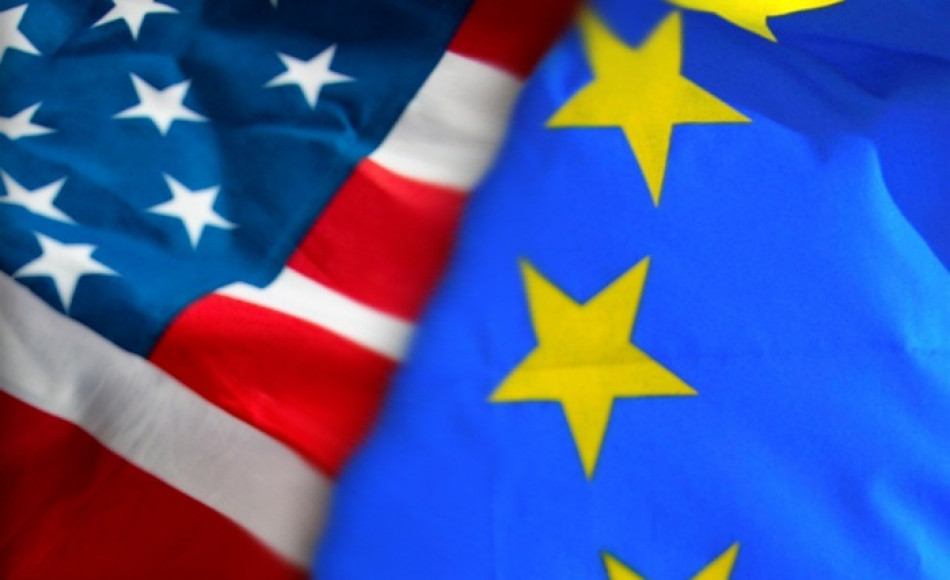Hosted online by Formiche.net, several experts and policymakers from both sides of the Atlantic debated digital transformation, tech geopolitics, regulations, and more. Aside from their differences, they acknowledged why Washington and Brussels can (and should) cooperate on tech
Is a tech alliance even possible, these days, between the EU and the US? The two sides have been drifting apart over regulation, competition, and distrust, even though they share several objectives on paper.
But, as technology – and the threats it carries – is becoming increasingly hardwired into our societies, the matter is nothing short of crucial.
In the words of Robert Cardillo, former Director of the US National Geospatial-Intelligence Agency and former US government official, emerging tech such as AI can boost precision agriculture and natural disasters prevention, but it also allows governments to spy on their private citizens and wield their power against ethnic and religious minorities.
To explore the issue, Formiche held an online panel titled “Tech and Democracy, a Necessary Alliance,” in partnership with Centro Studi Americani and the European Commission. Experts and lawmakers from both sides of the Atlantic delved into the matter and found a surprising amount of common ground.
The conversation quickly zeroed in on the two packages of laws – the Digital Services Act and the Digital Markets Act – unveiled by the European Commission on Tuesday. Those are designed to enhance digital rights and privacy, and promote competition – while they heavily impact the biggest players in tech.
Antonio Parenti, EU Commission Representative in Italy, argued that the DSA aims to make illegal online what is already illegal offline, and the DMA is meant to foster competition, not to punish specific players. Still, Washington feels that these laws are unjustly biased against American companies, given that Big Tech is overwhelmingly American.
“People on both sides of the Atlantic want digital safety and a thriving market. But more regulation on tech will not facilitate the R&D and innovation that we need,” argued Rob Strayer, Executive VP at the Information Technology Industry Council and former US Department of State official.
Mr Strayer has a point; less regulations allowed American Big Tech companies to become global powerhouses, while the EU is decades behind, as noted by Enzo Amendola, Italian Minister of European Affairs. But “the EU and the US think more alike than the media lets on,” added the latter.
Developing European tech does not necessarily mean cutting out American partners, said Mr Amendola. The EU’s cloud project, dubbed Gaia-X, is an example of European-led international collaboration and counts on several American companies.
Here’s where the matter gets vital, and ethical. The direction that lawmakers give to the development of tech, and the limitations they impose, have wide repercussions on society itself.
There is a balance to be struck between a free-for-all market and an autocratic one, stated Jean Pierre Darnis, head of the Technology & International Relations Program at the Italian Institute for International Affairs.
Hence the case for a “digital alliance” between democracies. Mr Amendola argued that the gap between the EU and the US can – and should – be bridged through shared values; “promoting transparency and responsibility, and defending our common ideal of liberal democracy, which, contrary to what some say, is not an old instrument ready to be scrapped.”
“In 2021 lies an extraordinary chance to write together the rules for emerging technology,” remarked Mr Strayer, who noted that collaboration is the ideal way forward.
“We don’t need rivalry, we need to balance our interests,” echoed Fabio Massimo Castaldo, Vice President of the European Parliament, “keeping in mind that we share the same values and the same vision on democracy and human rights.”








